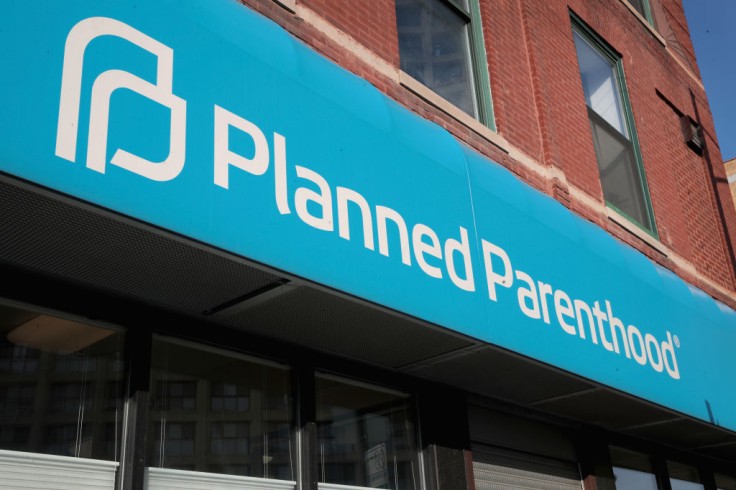
Physicians performing abortion procedures in Illinois are saying they are bracing for a surge of patients seeking abortion and possible legal battles after neighboring Missouri towns enacted trigger laws that immediately restricted legal abortion access.
According to Dr. Colleen McNicholas, the chief medical officer with Planned Parenthood of the St. Louis Region, the staff at the clinic at Fairview Heights, Illinois, plans to add two to four hours a day to their schedule and operate seven days a week for the increased demand. The facility was built in 2019 in anticipation of tightened restrictions on abortions in nearby states, ABC News says.
Missouri's trigger law prohibits physicians from performing an abortion unless the mother's life is at risk. It has no exception for rape or incest. McNicholas said that they are bracing for the impact.
Losing Access to Basic Reproductive Health Care
Missouri Republican State Rep. Mary Elizabeth Coleman, who helped draft the trigger law in Missouri, said that she wants to prevent Missouri abortion providers from assisting patients in getting abortions in other states as it violates the new Missouri law. For Coleman, if a facility in Missouri is arranging for abortion in another state, it violates the new Missouri law.
Vanity Fair reports that early this year, Missouri state representative Mary Elizabeth Coleman introduced a provision that would allow private citizens to sue anyone they suspect of helping a Missouri resident get an abortion in another state.
McNicholas said that they have been expecting these crackdown activities. However, she admitted that it is "soul-crushing" that the U.S. just allowed at least half of the people in the country to lose access to basic reproductive healthcare.
Recently, she said that their facility has been receiving calls as far as Mississippi as states began restricting legal abortion access this year.
A patient drove for nine hours from Houston shortly after Texas enacted its Trigger Law. She said the patient went from one clinic to another until she got to their facility. Twenty minutes later, she had her abortion medication and got back in the car to drive for another nine hours back to Houston.
According to McNicholas, an estimated rise of around 30,000 women will seek abortion this year, and half of these patients will come to southern Illinois. To prepare for a surge of patients, she is working to increase funding and resources of their facility.
Difficulty finding clinics in states that allow abortion for rape and incest
Meanwhile, physicians in states that allow abortion for rape and incest are struggling with how they might help their patients seeking an abortion. According to Giovannina Anthony, one of two providers in Wyoming's only abort clinic, the state's vaguely written ban does not specify how a doctor will determine the validity of a patient's claim will soon take effect.
Violating the law would mean 14 years in prison. While the law allows people to terminate pregnancy in cases of rape and incest, it would be easier to get patients across state lines for an abortion.
Clinics planning to move their operations across state lines might leave patients in their states with no providers that are willing to offer abortion in cases of rape and incest, Politico reports.